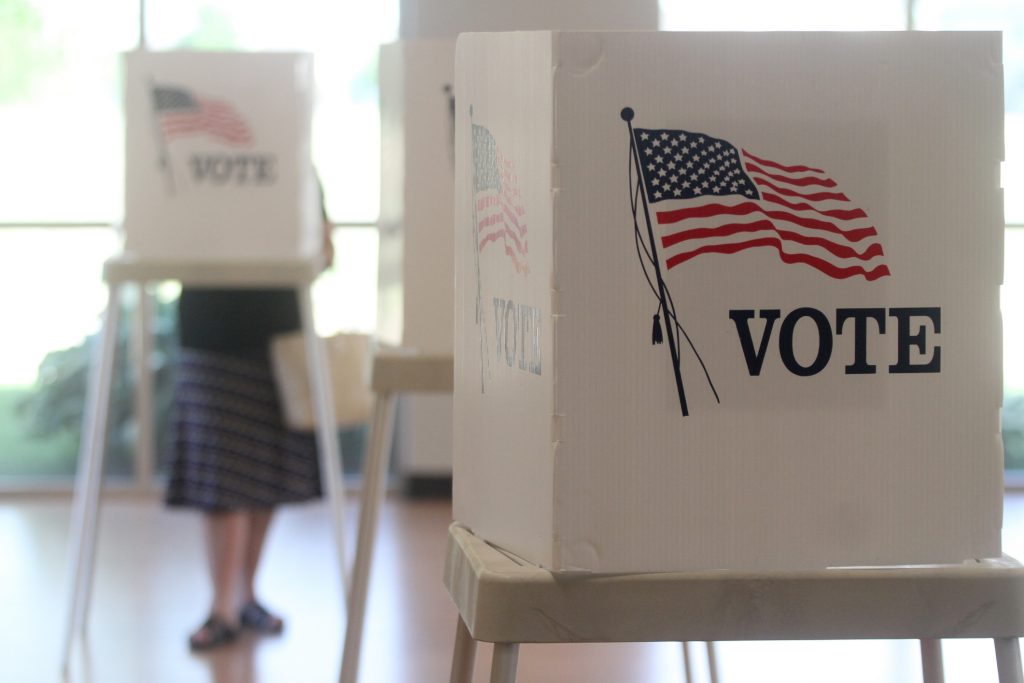By Mel Wilson, LCSW, MBA
The U.S. Supreme Court (SCOTUS) on June 29 made a ruling on affirmative action that will have profound and long-term implications for the country.
With a 6-3 majority decision, SCOTUS declared in Students for Fair Admissions inc. v. President and Fellows of Harvard College that race-conscious admissions programs at Harvard and the University of North Carolina violate the Constitution’s guarantee of equal protection.
More directly, the ruling forbids all colleges and universities in the United States from taking race into consideration when admitting students.
Though the plaintiff in this case raised concerns about purported discrimination against Asian Americans, it would be a mistake to focus solely on the ethnicity of the litigant.
This case is about aggressive, fully formed, anti-affirmative action groups – mostly white conservatives – that have been active in opposing this policy since President Lyndon Johnson signed Executive Order 11246 in 1965.
White women are main beneficiaries of Affirmative Action and more Black students could turn to HBCUs
We must be reminded that affirmative action policies do not exclusively target Black and Hispanic people. In addition to these groups, women are included as beneficiaries of diversity, equity, and inclusion programs.

In fact, white women have benefited from affirmative action more than any other group. Therefore, the response to the SCOTUS action must include all the stakeholder communities that will be impacted.
As an aside, it is ironic that Historically Black Colleges and Universities (HBCUs), which have made post-secondary education available to young Black men and women since 1837, will likely again be the primary option for academically talented Black student to obtain a quality college education.
This is because the Court’s decision means these young people will either be excluded from elite colleges such as Harvard, or simply choose not to apply for admission.
The outrage voiced by many in the civil rights community about the ruling’s impact on equal access to education is well justified. However, it is important that social justice leaders understand that the decision by SCOTUS will likely have consequences that reverberate throughout business and other public sectors well beyond Harvard and the University of North Carolina.
Court ruling could impact business community
Some have said the effects of the ruling on the nation’s business community could be profound.
Corporate America has been receptive to diversity, equity and inclusion policies.

However, the ruling will certainly incentivizes employees – and conservative activists – to bring legal challenges to such policies.
In addition, there is further speculation the SCOTUS ruling could even trigger challenges to disparate-impact laws that have been extremely effective in the fight against housing discrimination based on racial disparities.
What are next steps for social workers and other social justice activists?
In the face of the tremendous aftershock of the court’s affirmative action decision, the question is what are the next steps for civil rights and social justice activists – including social workers.
The following is from a statement from The Urban League, one of the country’s leading civil rights organizations:
“Together, we will fight relentlessly until every student has the equal opportunity to access higher education and pursue their dreams. Our country thrives when we nurture the talents and potential of students from all backgrounds and build respect for everyone. Despite this Supreme Court ruling, we remain resolute in our commitment to constructing equitable pathways to higher education and the opportunity that comes with it.”
While the statement expresses deep concern about the fate of affirmative action in education, it does not speak to the precarious nature of diversity, equity, and inclusion policies in sectors other than colleges and universities.
The magnitude of the Court’s ruling cannot be understated. However, protests and tweaking existing affirmative action programs will not address the deeper problem that rests with the Supreme Court’s conservative majority.

We only need to look at the fact that the affirmative action decision on June 29 was quickly followed by several other civil rights and social equity rulings by the Court that were antithetical to diversity, equity, and inclusion values.
This includes a separate SCOTUS ruling that will open the door for more businesses to openly discriminate against people who are LGBTQIA2S+.
It is clear that the composition of the Supreme Court must change. The only way to make that change is through the ballot box.
Therefore, the priority next steps following SCOTUS’ ruling is for civil and human rights communities to become singularly focused on the 2024 elections.
Disclaimer: The National Association of Social Workers invites members to share their expertise and experiences through Member Voices. This blog was prepared by Mel Wilson in his personal capacity and does not necessarily reflect the view of the National Association of Social Workers.

Mel Wilson, LCSW, MBA, is a former senior policy advisor who continues to be active on a range social policy area including youth justice, immigration, criminal justice, and drug policy. He is a co-chairperson of the Justice Roundtable’s Drug Policy Reform Working Group.




